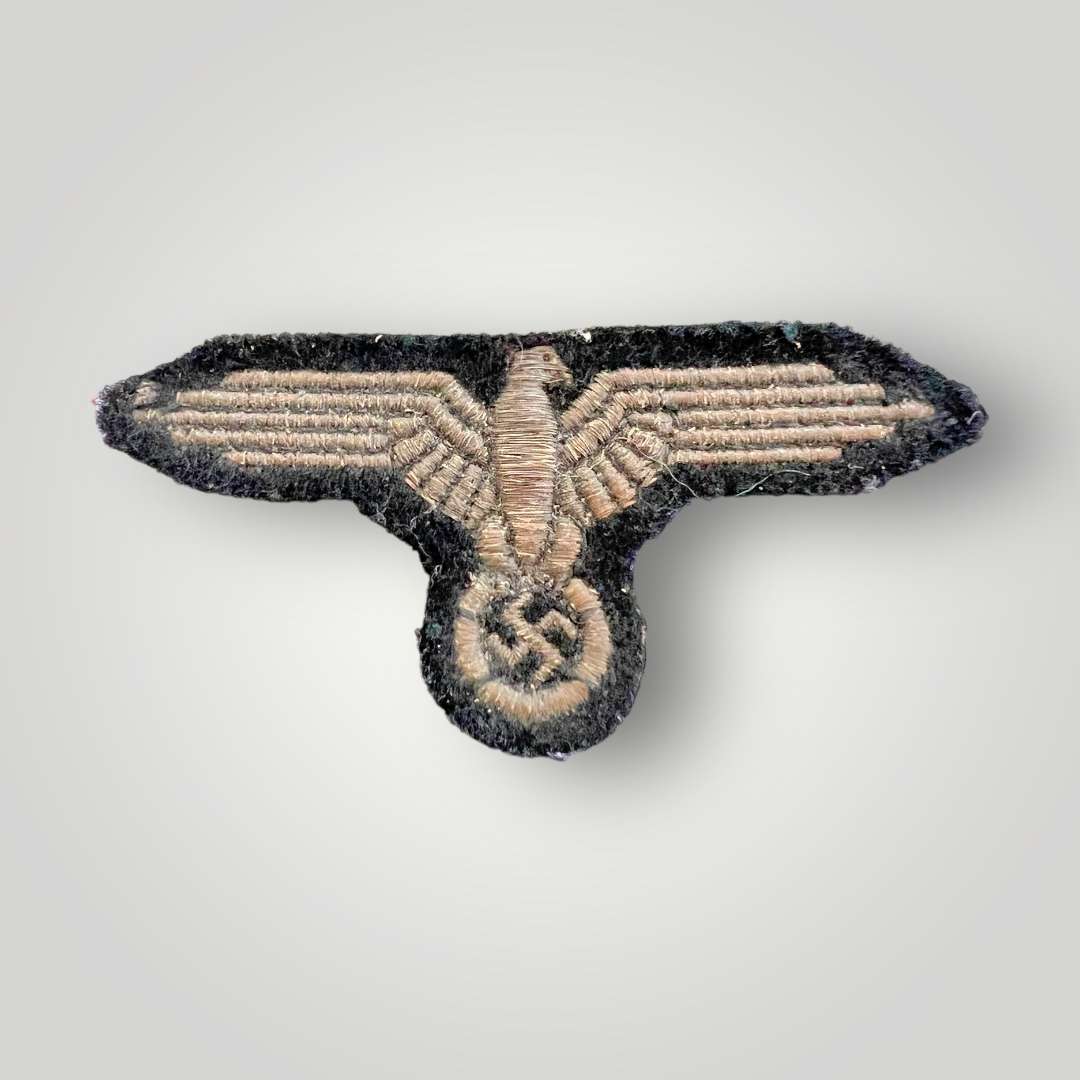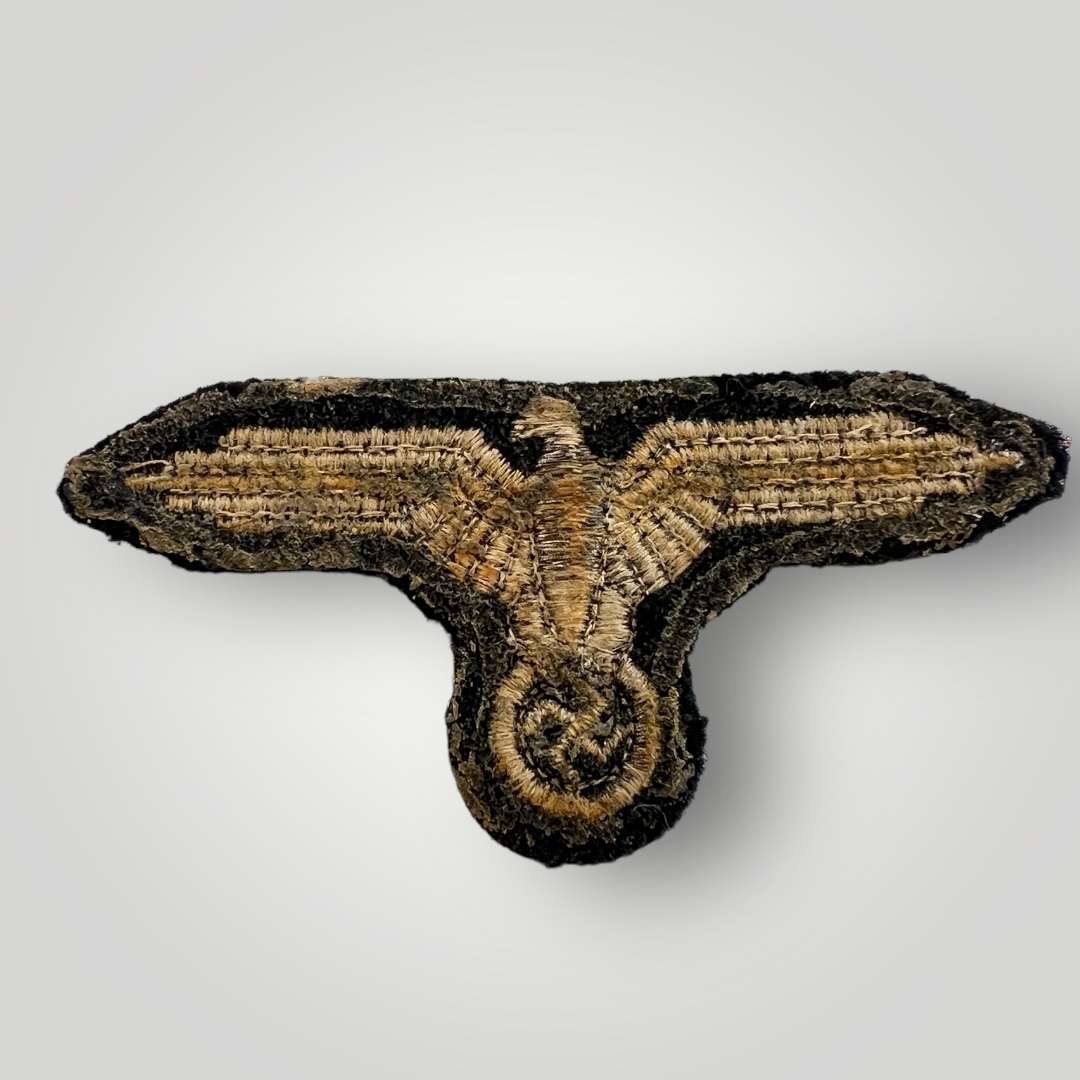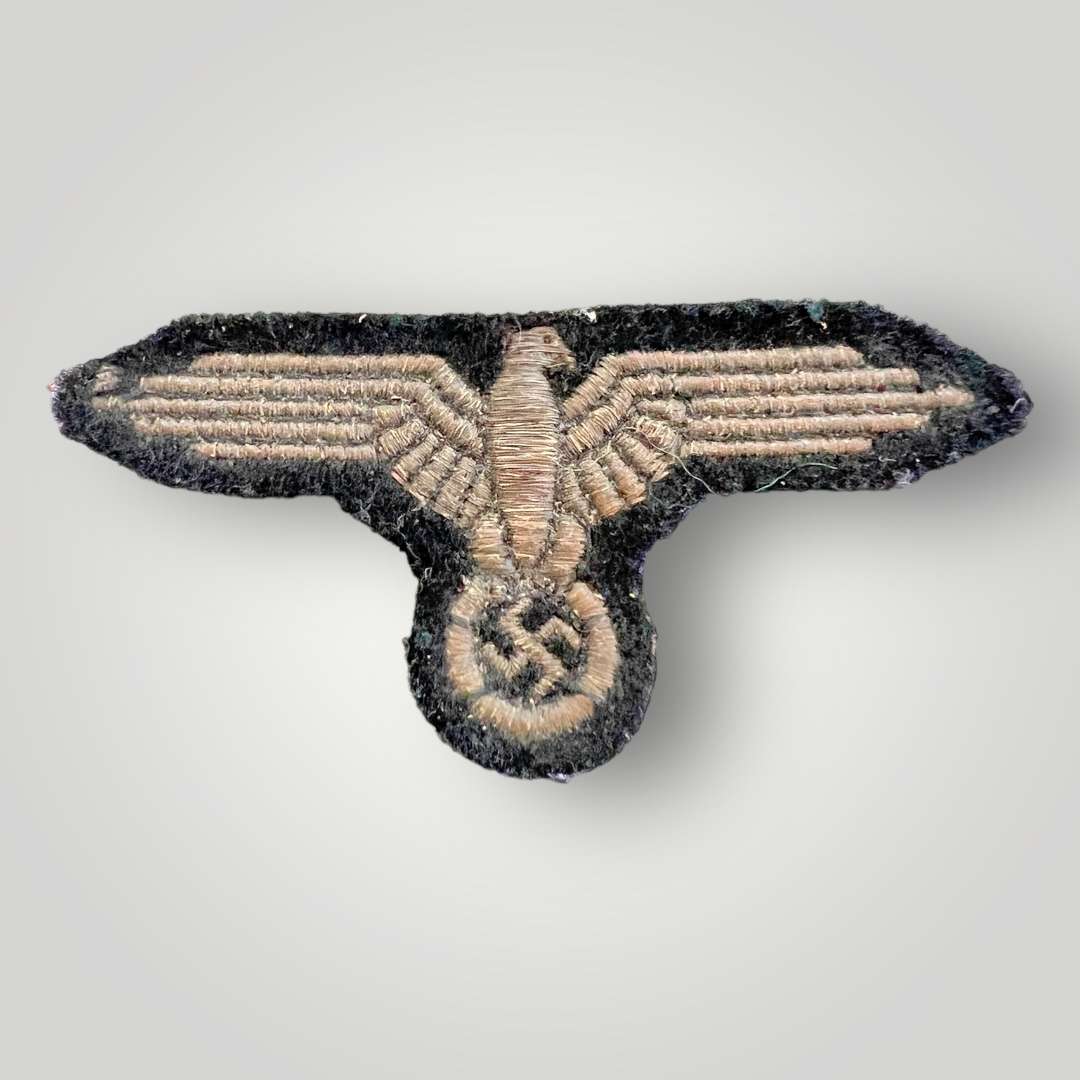Description
Waffen-SS Brief History
The Waffen-SS, short for “Waffen-Schutzstaffel,” meaning “Armed Protection Squadron,” was initially formed as the armed wing of the Nazi Party’s SS organization. It was established in 1933, initially as a small paramilitary unit responsible for Adolf Hitler’s personal protection. Under the leadership of Heinrich Himmler, it gradually expanded to become a significant military force within Nazi Germany. During the late 1930s and early 1940s, the Waffen-SS expanded rapidly, drawing recruits from various Nazi Party organizations, as well as volunteers from occupied countries. It became known for its ideological commitment to Nazi racial and political goals.
The Waffen-SS played a significant role in World War II, fighting alongside the regular German Army (Wehrmacht) in various campaigns across Europe. It participated in numerous battles and campaigns, including the invasion of Poland, the Battle of France, and the Eastern Front against the Soviet Union. However, it gained a notorious reputation for its involvement in numerous war crimes and atrocities, including the massacre of civilians, prisoners of war, and members of resistance movements. Units like the Einsatzgruppen, which operated behind enemy lines, were responsible for some of the most egregious crimes.
As the war progressed, the Waffen-SS recruited significant numbers of foreign volunteers, forming divisions such as the Waffen-SS Division “Wiking” composed of volunteers from Scandinavian countries, and the 13th Waffen Mountain Division of the SS Handschar (1st Croatian), composed of Bosnian Muslims. In the latter stages of the war, the Waffen-SS faced increasingly dire situations as the tide turned against Nazi Germany. Despite this, some units fought fiercely until the very end, often with fanatical devotion to Hitler and the Nazi cause.
After Germany’s defeat in 1945, the Waffen-SS was declared a criminal organization by the International Military Tribunal at Nuremberg due to its involvement in war crimes and atrocities. Many of its members were prosecuted for their actions during the war.




